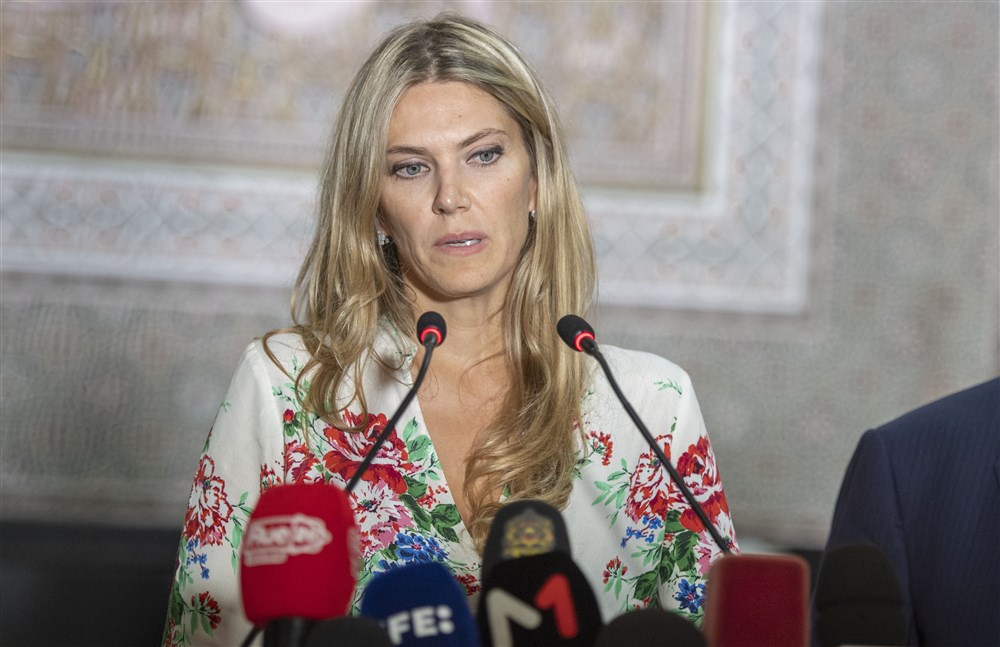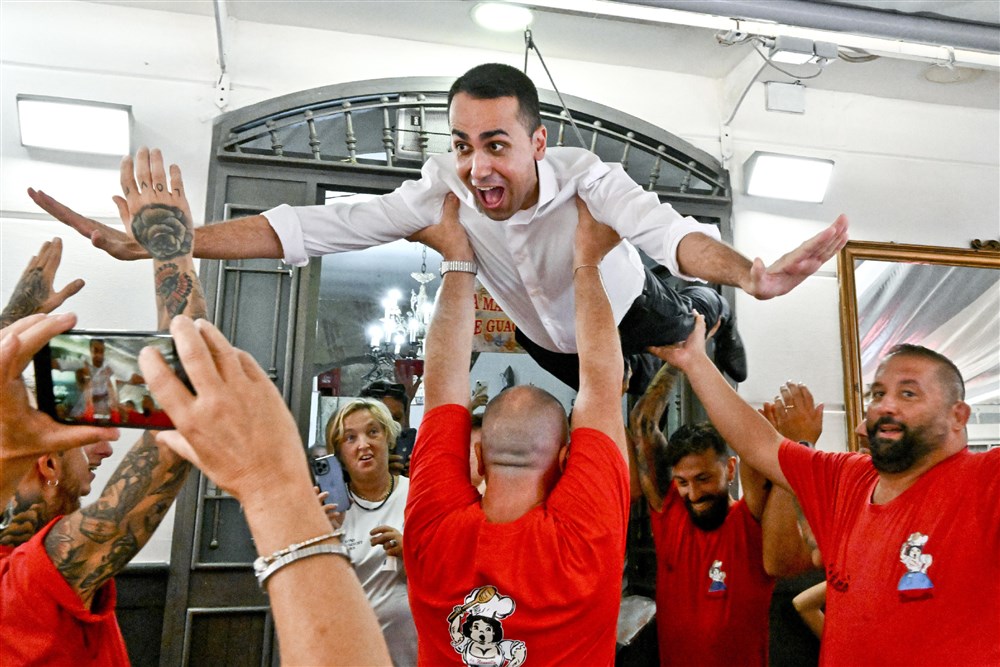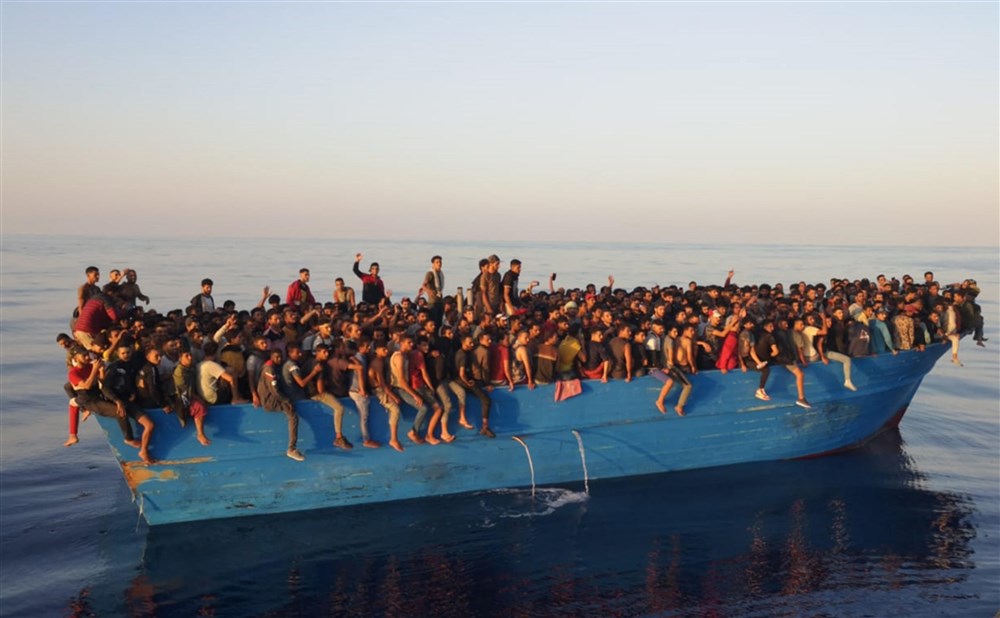Qatargate has become the biggest corruption scandal to hit the European Parliament. It has exposed the ability of foreign governments to penetrate European institutions. With 60 MEPs allegedly involved, it is claimed that officials and politicians have come under the influence of foreign powers – Qatar, Morocco and Mauritania, and possibly also Saudi Arabia. Hundreds of documents obtained by Der Spiegel point to corruption, money laundering, and even associations with organised crime. Investigators have claimed what was found is merely the “tip of the iceberg”.
Law enforcement authorities in collaboration with intelligence agencies in Belgium, Italy and Greece have seized €1.5 million in cash, confiscated phones, computers and much more thanks to a tip-off that European parliamentarians were being corrupted by foreign governments. The money was found in the homes of the now former vice president of the European Parliament, Eva Kaili, and the former socialist MEP, Pier Antonio Panzeri – both arrested over Qatargate. Francesco Giorgia, who lived with Kaili and was her partner, was also arrested. Giorgia worked as a staffer for an Italian member of the European Parliament.
Allegedly the chief operator of Qatargate lobbying was Panzeri. In September 2019 he founded a non-profit organisation in Brussels called Fight Impunity. Its stated purpose was to “promote the fight against impunity for serious violations of human rights and crimes against humanity”. The NGO is now accused of having been a front for a money laundering operation by foreign governments.
Fight Impunity does not appear on the EU’s Transparency Register, a database where organisations that try to influence the EU’s law-making and policy implementation process are supposed to to be listed on.
Investigators believe that Qatar was attempting to clean up its image, which had been severely damaged by the often slave-like conditions experienced by many migrant workers in the run up to the World Cup. Panzeri’s vast network of connections was crucial for Qatar: in the fall of 2019, when Panzeri was on the staff of MEP Andrea Cozzolino, he launched a “lobbying project” for Qatar. An Excel file found on Giorgi’s Google cloud account detailed a “three-pronged approach”: “Stopping attacks from other countries, emphasizing positive aspects, attacking other countries.”
This isn’t surprising. Qatar is extremely adept at getting its message heard in the West. Al Jazeera English caters to a Western audience and is inclined to support radically progressive agendas. Al Jazeera Arabic caters to an Arab audience and showcases an ultra-conservative view of political Islam.
All editorial decisions for Al Jazeera appear to be made in Doha. The broadcaster is directly state-funded by the Qatari government. Its influence in North Africa has also caused mayhem in Europe: its support for Muslim Brotherhood proxies in Tunisia and Libya, where these groups were banned before the 2011 revolutions, caused chaos and instability across the region. This led to the 2016-2017 migrant crisis, perhaps now resuming.
The French book Qatar Papers, by Christian Chesnot and Georges Malbrunot, shows Qatar has funded dozens of mosques and Islamic projects in Europe to the tune of several million euros, the majority through a network tied to the Muslim Brotherhood.
The president of the EU Parliament, Roberta Metsola referred to the Qatargate scandal as “an attack on European democracy” and has promised more protection for whistleblowers and increased transparency on direct or indirect relationships with foreign powers. Representatives of Qatar have also been prohibited from entering European institutions.
Qatar did not respond lightly, choosing to threaten to close the tap on gas exports to Europe. It is the second biggest exporter of liquified natural gas to Europe, accounting for 15 per cent of all exports to the EU. It’s no coincidence that European leaders like Emmanuel Macron, Olaf Scholz and Charles Michel increasing visit Doha.
The European Parliament has yet to adopt to tighten it’s transparency rules in the light of the Qatargate corruption scandal.
EU Obmbudsman Emily O’Reilly is calling upon Metsola to act swiftly. The EU transparency watchdog is keeping an eye on the EU Parliament to make sure the current 14 reform proposals before parliament are adopted. There is pressure from lawmakers to soften them. The ombudsman alluded to how Metsola is “under some pressure from others” to dilute the reform proposals aimed at ending corruption among EU lawmakers, but she stopped short of calling out names. O’Reilly pointed out that some lawmakers are requesting to reduce the cooling-off period on lobbying for former parliamentarians from the proposed two years to six months.
Political groups in parliament criticised Metsola’s reform plan for different reasons. The center-left Socialists and Democrats claimed that the proposals were too soft, while the center-right European People’s Party argued the issue lies with NGOs that need tougher scrutiny. “I’m sure President Metsola is getting pushback from MEPs and groups … It’s a very challenging position for her because I believe in her bona fide,” O’Reilly told reporters in a press conference on April 25. The aim is for Parliament to vote on these measures in July. The EU is contending with increasingly eager and powerful foreign governments looking to hold sway in Europe and lawmakers who aren’t held accountable for corruption in Brussels. Add to that mix Europe’s need for non-Russian gas imports and you have a potentially explosive concoction.





Spain pleads for EU support for farmers suffering ‘historic’ drought